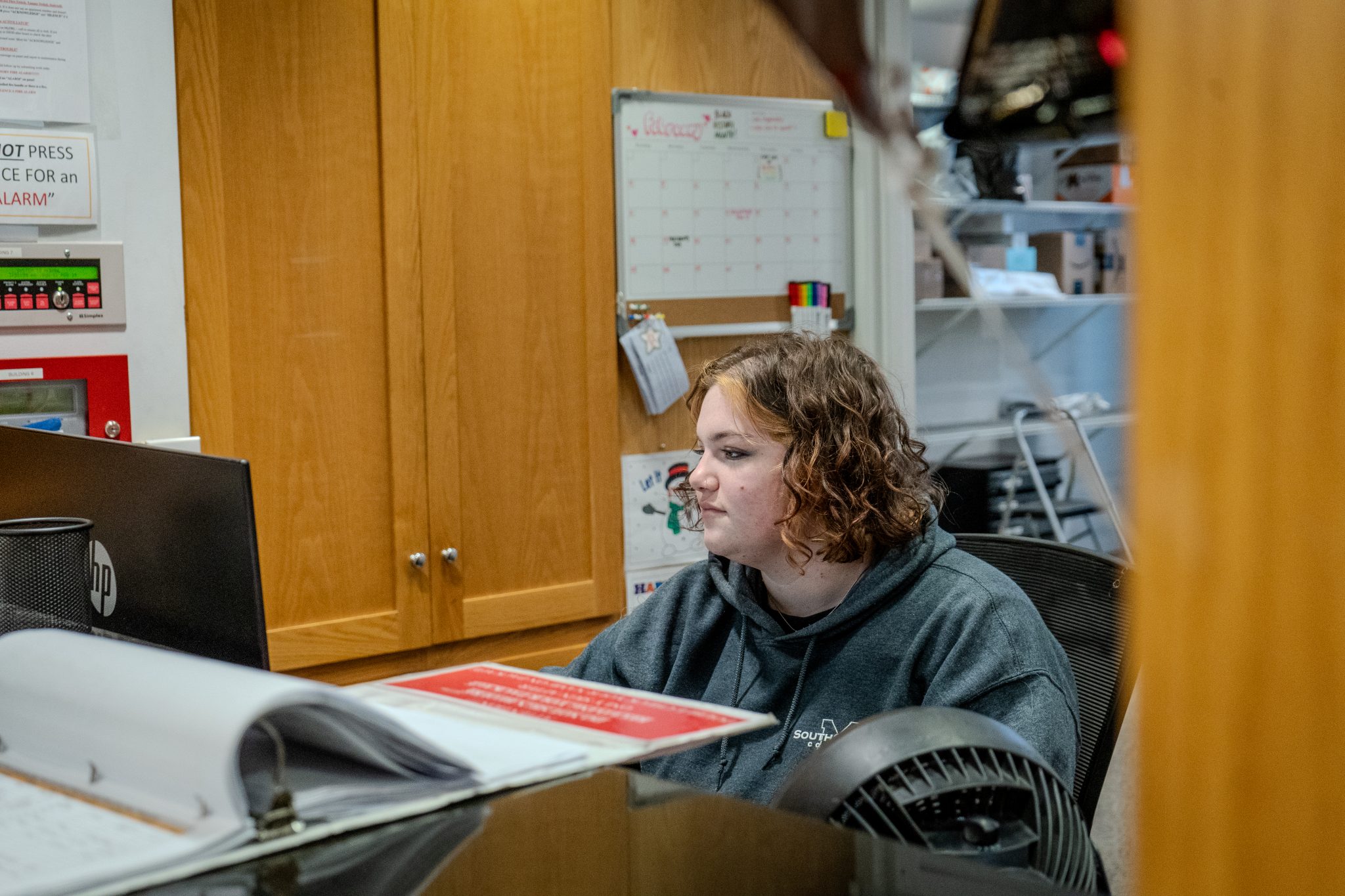Views expressed in opinion columns are the author’s own.
As they lay motionless outside the steps of Hagerstown Hall at 2 a.m. in the freezing cold, I was overwhelmed with fear and concern — I was just a lowly community assistant dealing with something way above my pay grade in the middle of the night. With the help of a friend and the on-duty resident assistant, we were able to get a resident who had too much to drink back to the safety of their room. In hindsight, I laugh about the fact that the resident insisted they were “out late studying,” but I also think to myself, “Damn, we didn’t get paid enough for that at all.”
Being a Resident Life employee on campus can be a thankless job. Despite an indispensable role in shaping campus culture, staff have said they are overworked, underpaid and undervalued. From racist hate bias incidents to desk shifts that start at 3 a.m., the work can often seem and feel unrewarding.
The “salary” of RA roles in terms of housing and dining plans can come out to 200 dining dollars and less than $15,000. For positions that contractually require an average 20 hours per week, on-call availability and limit outside work activities to a measly nine hours per week, this compensation is grossly inadequate for pillars of our community.
This is where the power of collective action, embodied by a union, becomes a moral imperative. The Department of Resident Life and other organizations on campus should help organize and create a union for the dignity of all Terps.
My time at Resident Life taught me many things, but perhaps the most important was the sense of community and solidarity that we held together. In the face of adversity, solidarity is more important than ever, and Resident Life employees who know each others’ struggles deserve just that in the form of a union.
While provisions like higher wages or hazard pay for overnight shifts would be worth advocating for, they are not an end to the problem at hand — a massive institutional power imbalance. Any concerns about increased compensation or the potential for something as simple as discounted parking passes go unheard when they are merely polite requests.
Partnerships with the American Federation of State, County and Municipal Employees Local 1072 or the United Auto Workers — as the Graduate Labor Union has — could serve as a robust starting point that not only provides expertise in bargaining but also helps combat potential turnover issues with positions that, by construction, are only held for a few years. That power is how employees get administrators to listen.
In that vein, such a union must have the systemic power to bargain with Resident Life. Attaining collective bargaining rights in conjunction with the aforementioned Graduate Labor Union — which is in an ongoing battle for such rights — would be critical in making sure that solidarity transcends mere symbolism and can affect material change.
A union for Resident Life staff at the University of Maryland would serve as a beacon of hope in a campus marred by exploitation. It would empower these individuals to assert their rights and advocate for their well-being in a system that too often prioritizes cost-cutting over people. Through collective bargaining, they could negotiate for better wages, reasonable workloads and more adequate resources to fulfill their duties effectively.
Moreover, a union would provide a platform for staff to voice their field-specific concerns, express their grievances and enact meaningful change within this university’s administrative structures. Together, employees could challenge systemic injustices, dismantle barriers to equity and create a more inclusive and equitable campus environment for all.
But perhaps most importantly, a union would recognize the inherent value and humanity of these employees as people with agency and dignity.
It would affirm that their labor is not just a means to an end but an essential component of the university’s mission to educate, empower and uplift its students. A union would acknowledge the blatant reality that Resident Life employees’ well-being is intertwined with the well-being of the entire campus community.
The call for a union for Resident Life staff at this university is not just about securing better wages or improved working conditions — it’s a testament to the power of solidarity, the transformative potential of collective action and the unwavering belief in the worth of every individual who pours their blood, sweat, tears, and bulletin board glitter into this campus make the best it can be.
Rohin Mishra is a senior economics and government and politics major. He can be reached at rohinpmishra@gmail.com.



